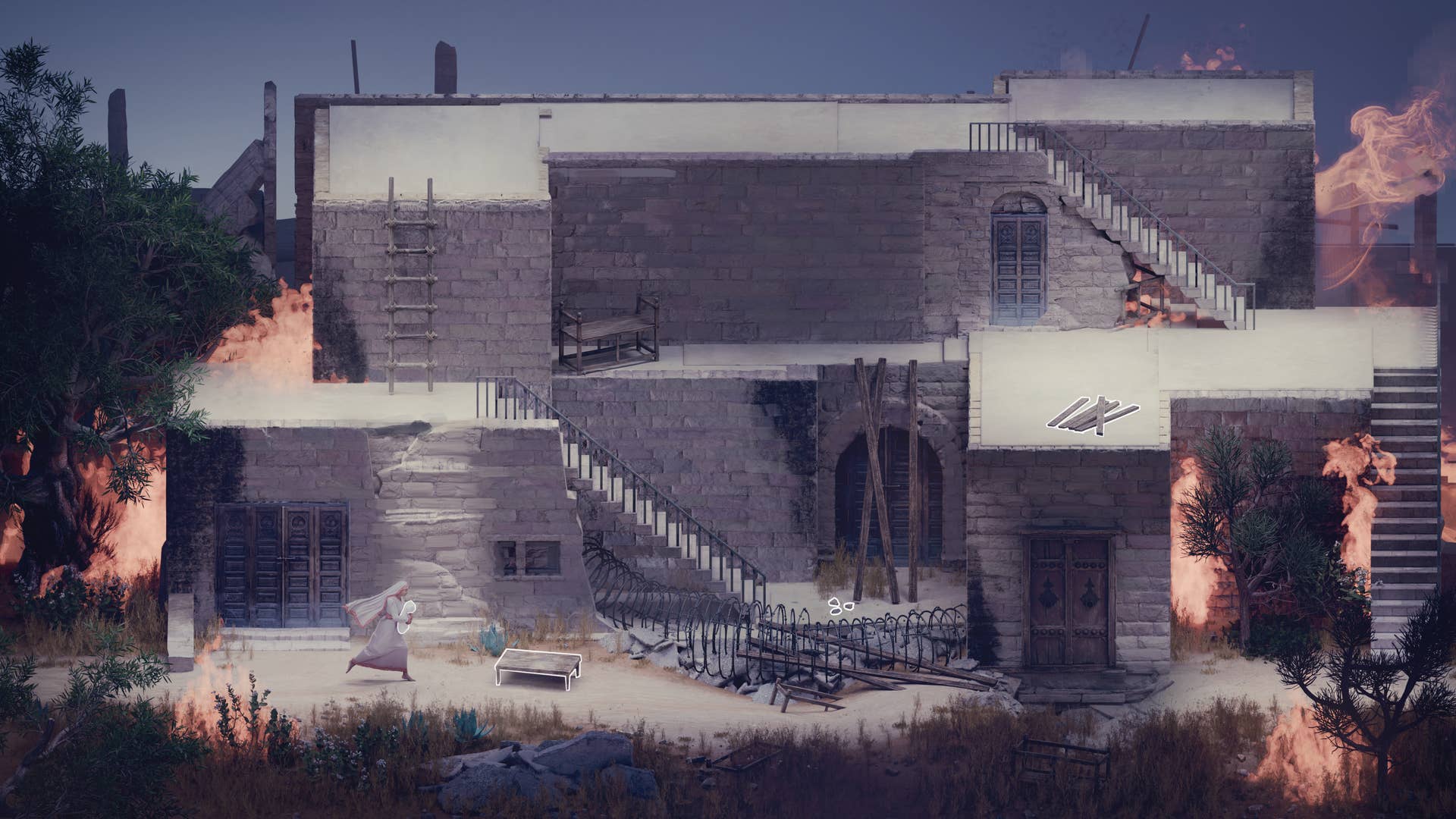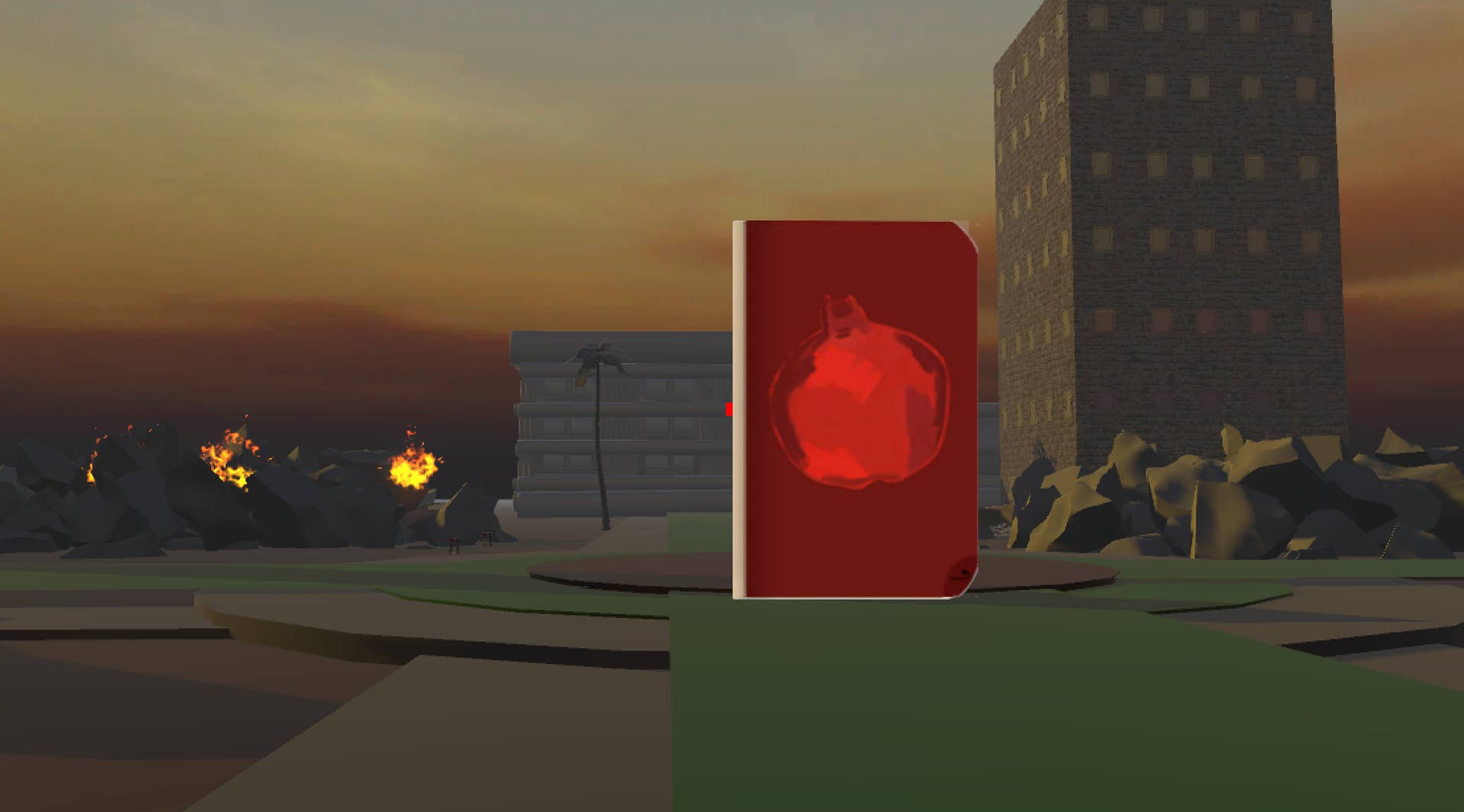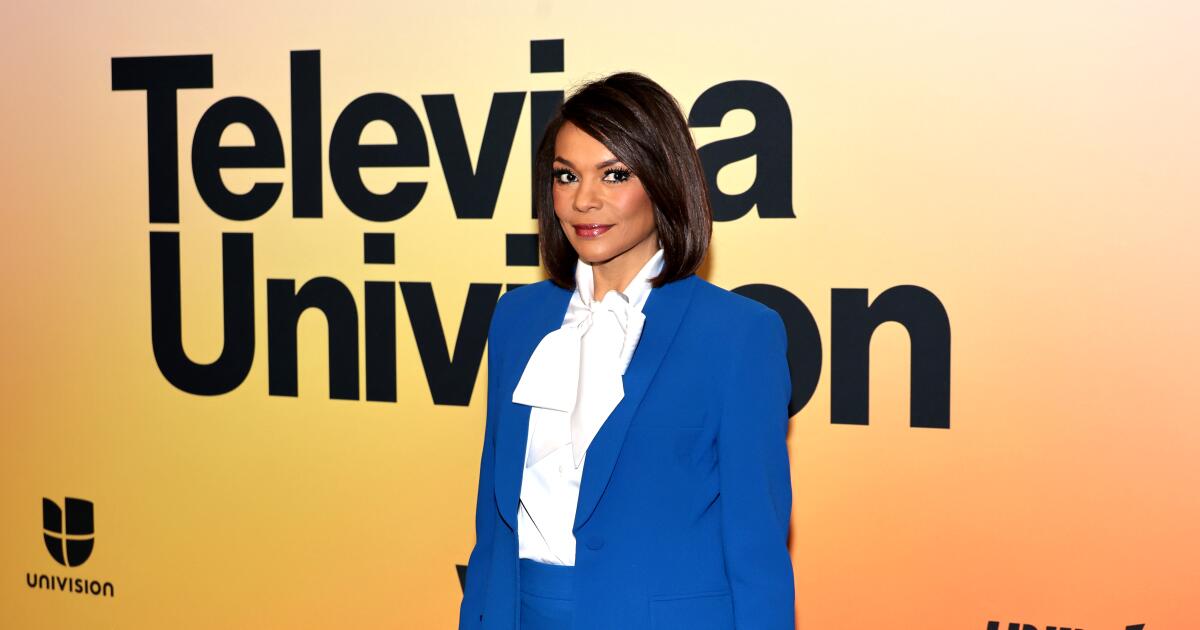In September, a group of industry professionals announced Palestinian voices in games (PVG), a program “dedicated to empowering current and new Palestinian game developers.”
More than 50 representatives of the gaming industry are involved in it, including Lizardcube (Shinobi: Art of Vengeance), Santa Ragione (Saturnalia), Sickhouse (founders Overkill festival), as well as several other studios and individuals, PVG strives to “combat the underrepresentation and dehumanization of Palestinians by offering direct professional support.” The initiative is currently working with four Palestinian authors, two of whom we spoke with for this article.
The initiative began to take shape at the Berlin Amaze festival in May 2024, several months after Israel's occupation of the northern Gaza Strip in response to the Hamas attack on Israel on October 7, 2023. According to one of the organizers (who declined to give his name to keep the program and supported projects at the center of the conversation), “It was just a bunch of developers in a room talking about, 'Is there anything we can do?' Is there anything we’re good at?” could this affect this?
“Formally, we are nobody. Just a group of people who communicate every two weeks, have group chats and discuss next steps. We are not organized in any formal way that would be necessary both to raise money and to provide legal protection.”
“[But] there was a group chat from this group. There were meetings from the group chat. Then, based on these meetings, we decided on the format.”
The format involves finding volunteers with different skill sets—whether artists, writers, or people with publishing experience—assessing their strengths and availability, and assigning them to projects for which they are best suited.
Currently there are about 100 members in PVG. Throughout the game's production, two of them – one primary and one secondary – remain in contact with both the Palestinian creators and volunteers. Each of them is verified (“we need people we can absolutely trust and [know] that they are respectful”). Other participants help organize the program and facilitate this cooperation.
“The long-term vision for the program is: 'What is this group of people good at that can be most helpful in this situation?' And the truth is that the needs that arise from conflict go beyond what game developers can contribute, because you need doctors and all the other skills. [unrelated to game development]. But it is true that the process of dehumanization is accompanied by an attempt to silence both. [the] Media and Palestinian Creators.”
“When you look at practical issues, in Palestine, but mainly in the diaspora, there are a lot of Palestinian authors who want to use this medium to tell their stories. But they lack infrastructure.
Responsibility
One of the first projects supported by PVG is Dreams on the pillow Rashid Abueida. It is a 2.5D stealth adventure inspired by a historical Palestinian folk tale and set in 1948. Nakba (meaning “disaster”), tells the tragic story of a young mother who, while fleeing an invasion, mistakenly carries a pillow instead of her newborn child.
“Living nightmares invade Omm’s reality every time she lowers the Pillow. A vortex of horror reveals the dangers of the mind and envelops the dangers of the real world. Unsure of what is real and what is not, Omme must make sure she completes her tasks and returns to the Pillow… before her mind is lost to guilt and trauma,” the game says. crowdfunding page on the Muslim platform LaunchGood. The campaign raised more than $240,000, about half the amount Aboueyde hopes to raise to complete the project, pay his team of seven on time and support his family of five.

“The kind words and the importance of such a project were immediately noticed by all supporters,” says Abueide. GamesIndustry.biz over a Zoom call from his home in the West Bank. The software engineer turned game developer previously created a sensational mobile game. Liyla and the Shadows of Warabout a Palestinian family's struggle to survive after a series of armed attacks. Program participants first reached out to Abueida at the beginning of the year, shortly after he launched a crowdfunding campaign. “I have a couple of friends in the games industry who are directly involved with Palestinian voices in games. They approached us and said, “We are creating a platform to help Palestinian projects created by people in the gaming industry.” I mean, we're usually not on the map. So I was ready to start working with them.”
Abueideh agreed to work alongside the still-in-progress PVG initiative. The partnership helped him clarify contracts, secure additional resources and receive free consultations from program volunteers.
Aboueyde makes no attempt to disguise the urgency and importance of a project of such a deeply political nature. “It's not a passion anymore. It’s more of a responsibility,” he says. “I think the importance of this has increased due to what is happening now. We are seeing a lot of changes and many people want to understand why this is happening and how we can stop it.
“Even before the crowdfunding campaign, I spent over a year just on this. And working for a whole year, not knowing whether you can do it or not, because you need a lot of resources, was a huge risk. So on a personal level it means a lot. And even if no one plays this game, at least I'm doing what I can.”
Real things
This sentiment is echoed by Yasmin Batniji, a Brooklyn-based Palestinian-American artist whose first-person narrative experience Pomegranate is also supported by PVG. “There are a lot of people, especially before October 7th, who are not interested in what I have to say about my games,” Batniji says. “It's too political. There are too many of them.” My games aren't fun or exciting – they're real things.”
Inspired by Afrofuturism and X Page Martyrs of Gazawhich describes and commemorates the Palestinians killed since October 7, 2023, Grenade (playable on Itch.io) brings destroyed landmarks back to life through digital archiving and 3D modeling. This is what Batnidzhi became interested in after the discovery New Palmyra projectan open-source initiative in which the 2,000-year-old Temple of Bel in Syria, destroyed by ISIS in 2015, was digitally reconstructed from thousands of photographs.
The 31-year-old designer got to try out 3D scanning first-hand after winning a grant to travel to Palestine in 2019. But a subsequent trip as part of the Pomegranates project, which they implemented as a thesis at New York University's Game Center, turned out to be unfeasible.
“I was always wary of making a game about Gaza. Because making a game about Gaza is much more difficult. Google Maps is not located in Gaza. I can't go to Gaza… It's just that access around Gaza is really difficult. But I thought, “If there's ever a time to make a game about Gaza, it's now.”

Batniji's partnership with PVG began after they gave a talk on the creation of political games in May 2024, which was attended by one of the organizers of the initiative. After some deliberation, the program decided to take “Pomegranate” as one of its initial projects, and Batniji soon found himself paired with a 3D modeler (who did not stay on the project) and an “absolutely incredible” narrative designer from France (“I don't think I would have found anyone like that on my own”).
PVG's greatest support comes not from volunteers or production management, Batniji argues, but from the motivation and responsibility for seeing the Pomegranates 2.0 project through to completion. “I just don't think I can do it. I started version 2.0 because the consultant I was working with at Game Center came to me and said, “Let's work on grenades.” It wasn't until shortly after that PVG brought Batniji on board for a full release that they actually considered turning the game from a student project into a full release.
“I think if it weren't for [PVG]I wouldn't even have what I have today. It's like they're holding me accountable. Because before there was no one who could hold me accountable except myself, and that’s really difficult.” Batniji is currently working with a team of volunteers on a new version of Pomegranate, in which players take on the role of three Palestinians at the Al-Ahly Arab hospital during the Israeli invasion.
Hope among the rubble
Less than a week after PVG launched its program in September, ten UN member states, including the UK, Canada and Australia, officially recognized the State of Palestine. Such political gestures may make partnerships with initiatives like PVG more attractive to both government and industry bodies, but program organizers remain skeptical.
“When we try to reach out to mainstream media, even progressive pro-Palestinian media and journalists, what we hear is, 'I can't talk about this serious topic of gaming. Our readers will find this offensive,” we are told. “So I don’t think any public or official support for the project will appear anytime soon.”
Despite this, they continue to hope for a future in which projects like PVG are accepted by the general public and Palestinian developers like Batniji don't feel the need to hide their politically provocative portfolio for fear of repercussions. It is believed that interest in the program will increase over time.
“There are many people who are interested [PVG]but they are afraid to participate because of how controversial the issue is. And the more countries that recognize Palestine, the more people will feel comfortable joining programs like Palestinian Voices in Games.








